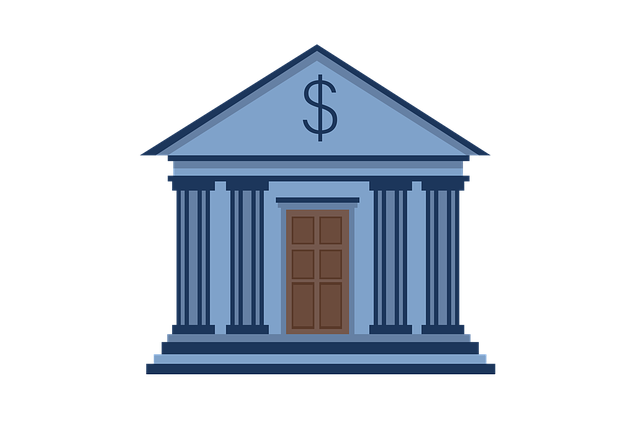In today's financial landscape, understanding title loan ethical practices is crucial for fairness and transparency between lenders and borrowers. Educational programs inform individuals about rights, responsibilities, and potential risks, focusing on vehicle valuation to ensure fair offers. These initiatives empower consumers to avoid predatory lending tactics and make informed decisions, maintaining a balanced credit market. Training programs equip lenders with tools for responsible lending, fostering transparency and accountability through regular updates, ensuring compliance with regulatory changes in online application processes. Ultimately, these efforts promote ethical practices, rebuild consumer trust, mitigate risks, encourage fair competition, and result in a healthier, more empowered market.
Title loans, despite their appeal in times of financial crisis, carry significant risks. To mitigate these dangers, title loan ethical practices awareness and training programs are vital. This article explores the growing importance of these initiatives in the industry. We delve into how comprehensive training fosters responsible lending, empowers borrowers, and promotes transparency. By understanding title loan ethical practices, stakeholders can build a more trustworthy and equitable lending landscape.
- Understanding Title Loan Ethical Practices: The Need for Awareness
- How Training Programs Foster Responsible Lending and Borrower Protection
- Benefits and Impact: Promoting Transparency and Trust in the Industry
Understanding Title Loan Ethical Practices: The Need for Awareness

In today’s financial landscape, understanding title loan ethical practices is paramount to ensuring fairness and transparency for both lenders and borrowers. These loans, secured by a person’s vehicle, often come with unique risks and rewards. However, many individuals may not fully comprehend the implications of such arrangements. Awareness programs aim to educate borrowers about their rights, responsibilities, and potential pitfalls associated with title loan approval. By learning about these ethical considerations, consumers can make informed decisions when seeking short-term funding options like cash advances.
A key aspect of this education involves understanding the process of vehicle valuation. Accurate assessment ensures borrowers receive a fair deal, preventing them from accepting undervalued offers that could hinder their financial recovery. Moreover, awareness about ethical practices can discourage predatory lending tactics, empowering individuals to reject terms that may lead to a cycle of debt. Such initiatives are crucial in maintaining a balanced and regulated credit market.
How Training Programs Foster Responsible Lending and Borrower Protection

Training programs play a pivotal role in shaping the landscape of title loan ethical practices. These educational initiatives equip lenders with the knowledge and skills to navigate complex financial terrain, ensuring responsible lending and robust borrower protection. By delving into topics like risk assessment, fair interest rate calculation, and comprehensive disclosure requirements, lenders can make informed decisions that align with industry standards.
Moreover, these programs foster a culture of transparency and accountability. Lenders are trained to communicate clearly with borrowers, explaining the terms and conditions of Houston Title Loans in a manner that’s easy to understand. This promotes trust and empowers borrowers to make informed choices. Through ongoing training, lenders can stay abreast of regulatory changes and adapt their practices accordingly, ensuring quick funding while maintaining ethical standards through an online application process.
Benefits and Impact: Promoting Transparency and Trust in the Industry

In today’s competitive market, training programs play a pivotal role in promoting title loan ethical practices and fostering trust among consumers. These initiatives ensure that lenders adhere to stringent guidelines, enhancing transparency throughout the entire process. By educating both parties about their rights and responsibilities, these programs mitigate risks and prevent predatory lending behaviors.
The positive impact extends beyond individual borrowers; it reverberates through the industry as a whole. As more individuals become aware of their loan eligibility based on clear, communicated requirements, they make informed decisions. This shift encourages fair competition among lenders, who must now emphasize ethical practices to attract and retain customers. Consequently, the market becomes healthier, with consumers feeling empowered and lenders striving for excellence in service and compliance.
Training programs play a pivotal role in promoting title loan ethical practices, fostering responsible lending, and enhancing borrower protection. By educating both lenders and borrowers about industry best practices, these initiatives significantly contribute to building trust and transparency within the sector. Understanding and adhering to ethical standards are essential steps towards a more robust and equitable title loan industry.






